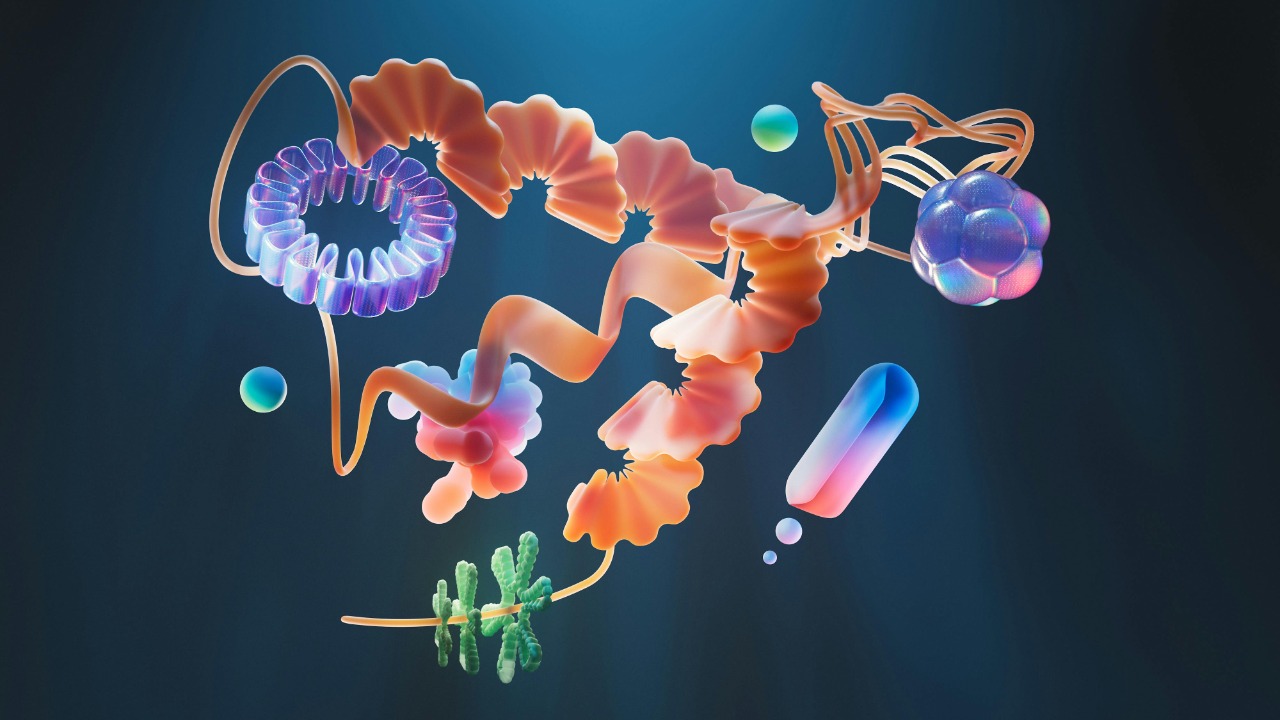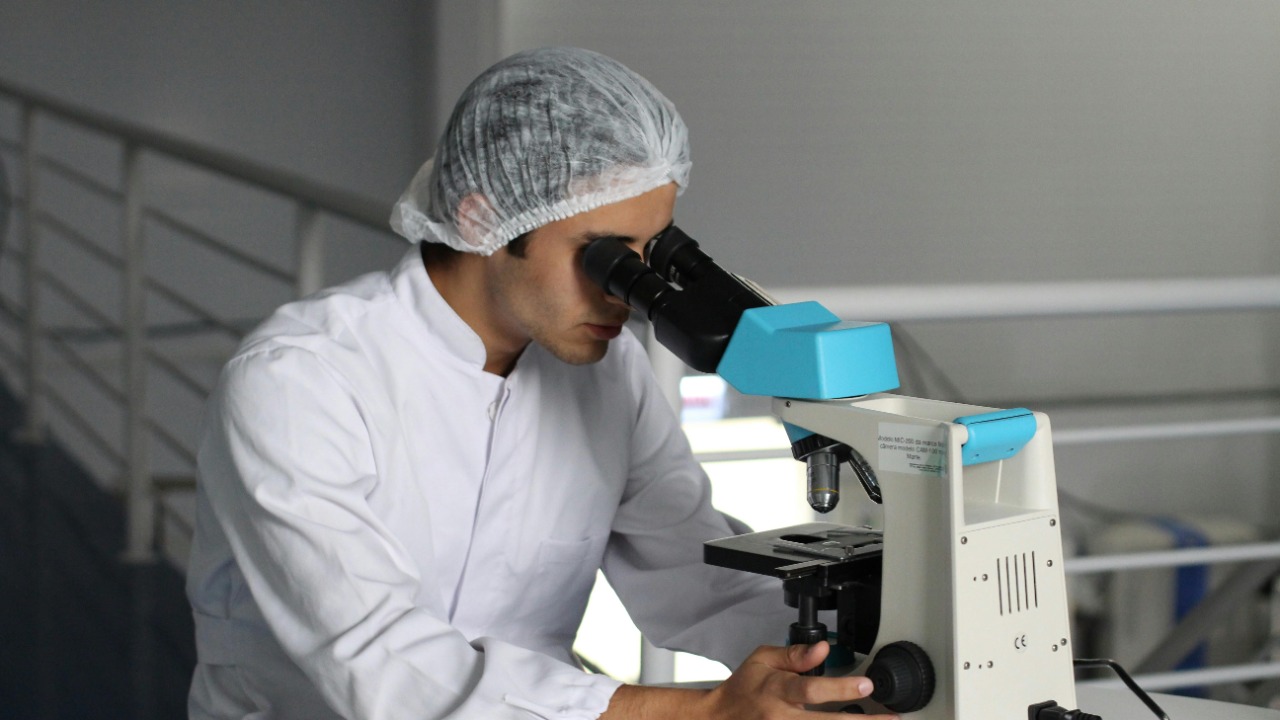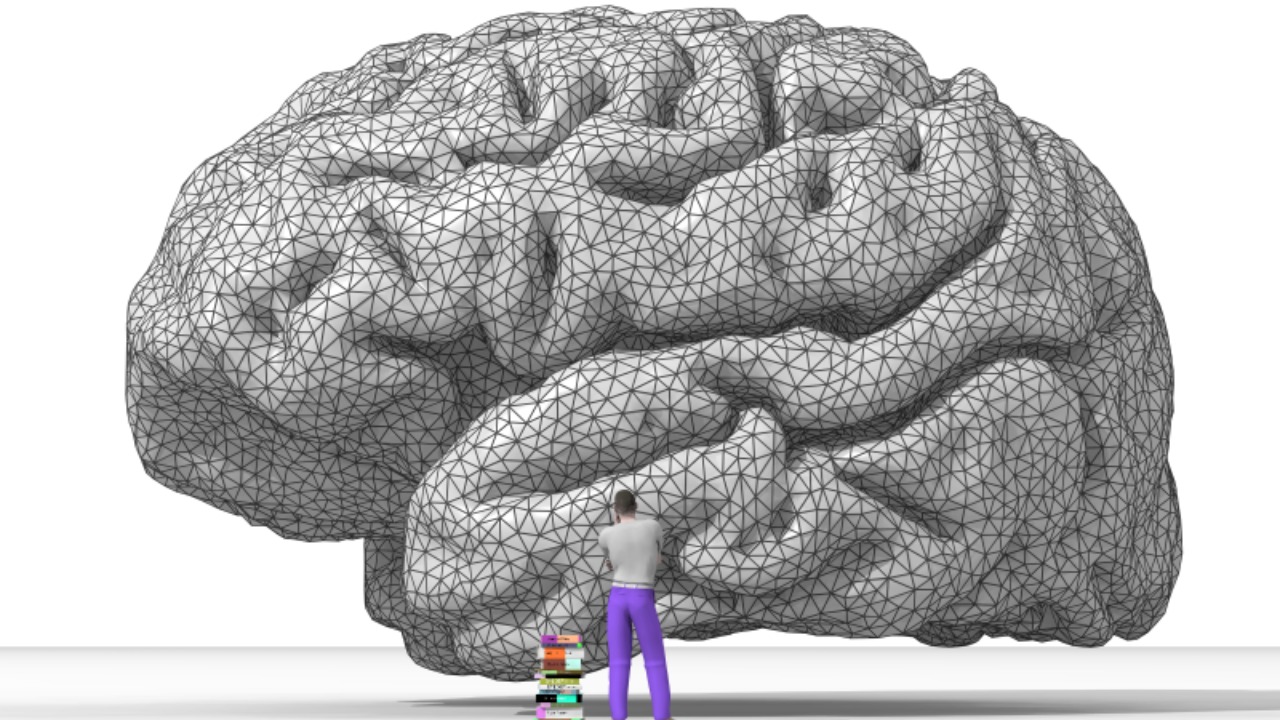
Artificial intelligence (AI) has once again proven its transformative potential by solving a complex biological mystery that has puzzled scientists for five decades. Recent advancements have demonstrated AI’s extraordinary ability to quickly analyze and interpret vast amounts of data, providing solutions that were once thought to be decades away.
The Unresolved Biological Enigma

For over 50 years, scientists were stumped by a biological challenge that eluded resolution despite numerous efforts. The problem involved understanding the intricacies of protein folding, a process fundamental to biology that dictates how proteins achieve their functional forms. This enigma was significant because proteins play crucial roles in virtually all biological processes, and any misfolding can lead to diseases such as Alzheimer’s and Parkinson’s.
Over the decades, researchers employed various methods to tackle this issue, including X-ray crystallography and nuclear magnetic resonance spectroscopy. Despite their potential, these methods were time-consuming and costly, often yielding incomplete or ambiguous results. The limitations of these traditional approaches hindered scientific progress, leaving many researchers eager for a breakthrough that could unlock new possibilities in biology and medicine.
The Rise of Artificial Intelligence in Science

The evolution of AI technology in scientific research has been remarkable, marked by a steady rise in its role in solving complex problems. AI’s journey began with rudimentary algorithms but has since evolved into sophisticated systems capable of learning and adapting. Today, AI algorithms, machine learning, and neural networks are central to scientific discoveries, offering a level of speed and accuracy that was previously unimaginable.
Major tech companies and research institutions are spearheading AI advancements for scientific applications. Their efforts have resulted in AI tools that not only process vast datasets but also provide insights that drive innovation. This growing role of AI in science has set the stage for groundbreaking solutions, such as solving the protein folding mystery, demonstrating AI’s potential to revolutionize biological research.
The Breakthrough Moment

In a landmark achievement, AI was utilized to solve the protein folding mystery in just a few days, a task that had stymied scientists for decades. The breakthrough came through DeepMind’s AlphaFold, an AI model specifically designed to predict protein structures with remarkable accuracy. By leveraging deep learning techniques, AlphaFold was able to analyze and predict the three-dimensional shapes of proteins, providing a solution that was both rapid and precise.
Compared to traditional methods, AI’s approach was revolutionary. While conventional techniques were labor-intensive and prone to error, AlphaFold quickly processed data to generate reliable results. This ability to outperform existing methods highlighted AI’s potential to transform scientific research, offering a glimpse of its future applications in solving other complex biological problems.
Implications for the Future of Science and Medicine

AI’s success in solving the protein folding mystery has profound implications for the future of science and medicine. One of the most promising areas is advancements in drug discovery, where AI’s ability to model protein structures accelerates the development of new medicines. By understanding protein shapes, researchers can design drugs that precisely target disease-causing proteins, potentially leading to more effective treatments.
Moreover, AI’s potential to unravel other biological mysteries opens the door to improved understanding of complex diseases. As AI continues to evolve, it may unlock insights into the mechanisms behind conditions like cancer and neurodegenerative diseases. However, with these advancements come ethical and practical considerations. Integrating AI into scientific research requires careful management to address challenges such as data privacy, algorithmic bias, and the need for interdisciplinary collaboration.
The Road Ahead for AI in Biology

Looking ahead, AI is poised to tackle other longstanding biological questions, driving further innovation in the field. Future challenges may include understanding the human brain’s complexities or developing sustainable agricultural practices. To achieve these goals, collaborations between AI developers, biologists, and other scientists will be essential, fostering interdisciplinary efforts that harness the strengths of each field.
The landscape of biological research is rapidly evolving, and AI is at the forefront of this transformation. As AI technologies continue to advance, they will undoubtedly reshape the future of biological research and innovation. By leveraging AI’s capabilities, scientists can unlock new possibilities, paving the way for breakthroughs that were once beyond reach.